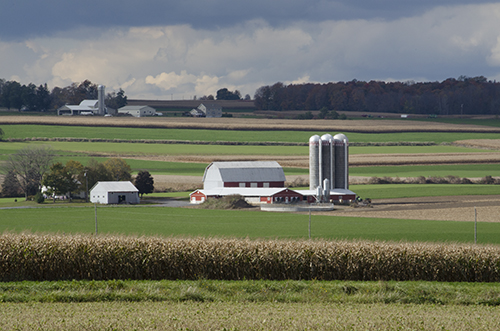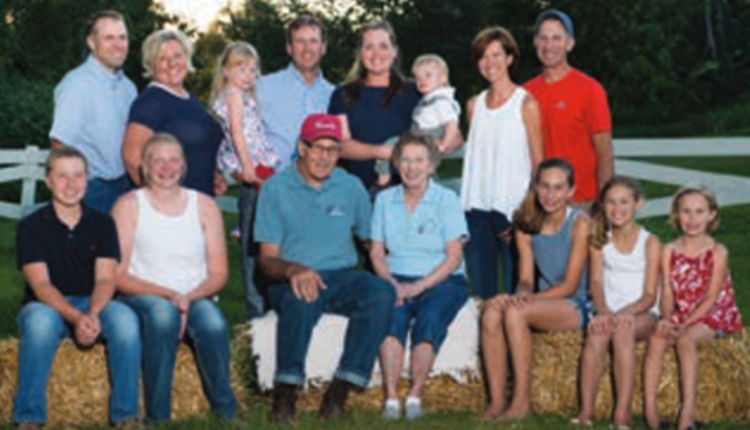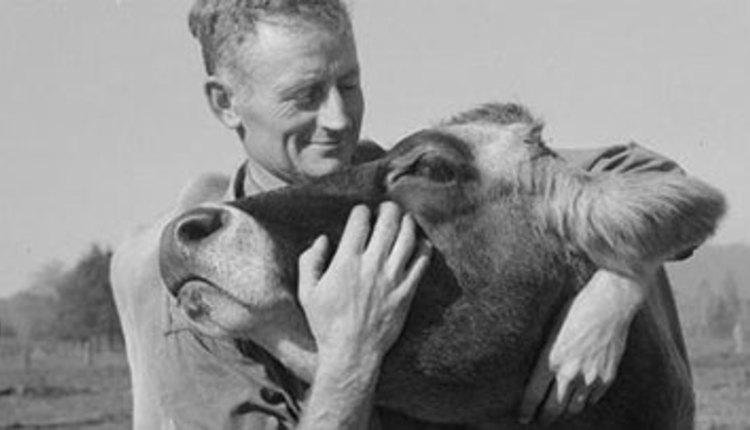
It seems like every day there's a new video or angry blog post that condemns farmers and their practices. While these are usually exaggerated and hold few truths, animal agriculture and dairy, in particular, are under constant assault. With less than 2 percent of our nation's population actively involved in farming, it's incredibly easy to paint such a small sector with a broad brush. These events have led to a national conversation about food, but farmers have been shushed, if not excluded from the conversation. It's important now more than ever to share our stories with the American people so they can make informed decisions regarding the food they eat.
It's human nature to become angry when people address topics that affect our livelihoods. In fact, when someone says something nasty about farming, we're often on the defense . . . wielding pitchforks and getting downright riled up. However, as the saying goes, the best defense is a good offense. We, as an agricultural community, need to be proactive about answering consumer concerns and actively promoting ourselves. It's good to be on the front lines, but at the same time we need to remember to be nice even when the other side is not.
For example, on October 25th a hog operation in southern Minnesota burned to the ground, and many thousands of hogs were killed in the fire. Outlandish comments abounded on Facebook and Twitter about the farm owners. Despite being directly insulted, many of the farmers posting comments on the story were courteous and civil when engaging in dialogue. As my grandma always used to say, you catch more flies with honey than vinegar.
Agriculture is gravely misunderstood by most of the American public, and people tend to attack or condemn what they don't understand. Therefore, we as farmers and agriculturists should make it a priority to engage in a national conversation about food. Make it a priority to tell your farm's story. Reach out to consumers. Invite them to your farm for a tour. Set up a farm Facebook page or Twitter account. Thank that mom at the grocery store for buying that jug of milk or that gallon of ice cream. Most of all, be nice even when others are not. A little kindness goes a long way.

The author is a junior at the University of Wisconsin-River Falls, majoring in agricultural marketing communications. She will serve as the 27th Hoard's Dairyman editorial intern this summer.









